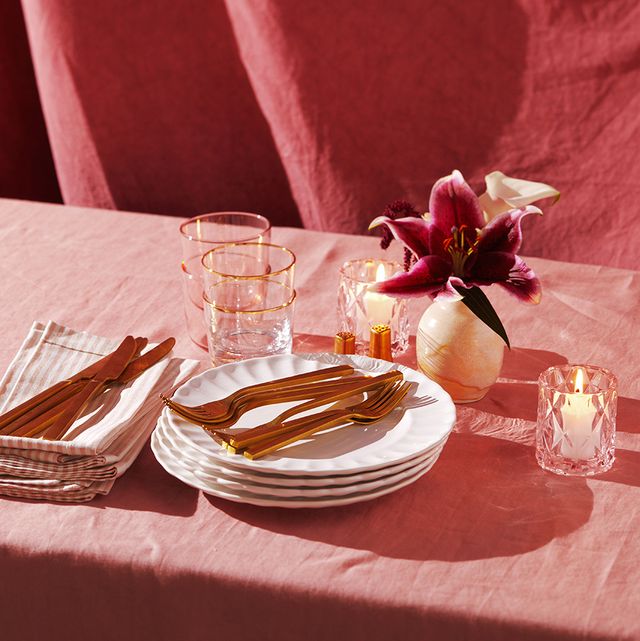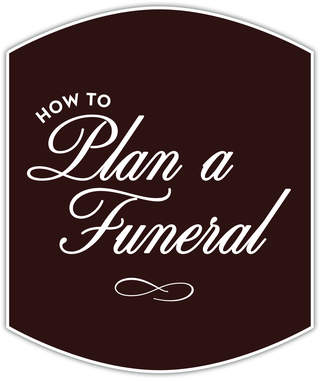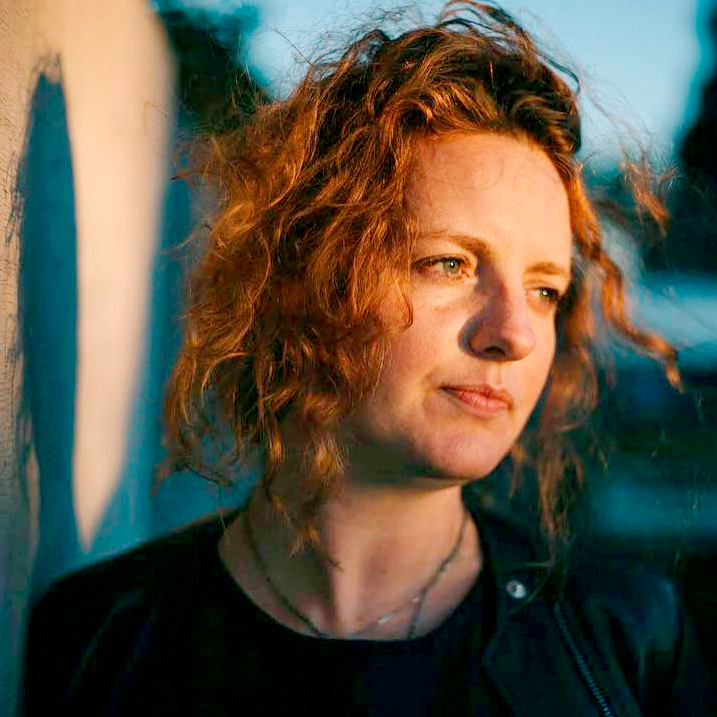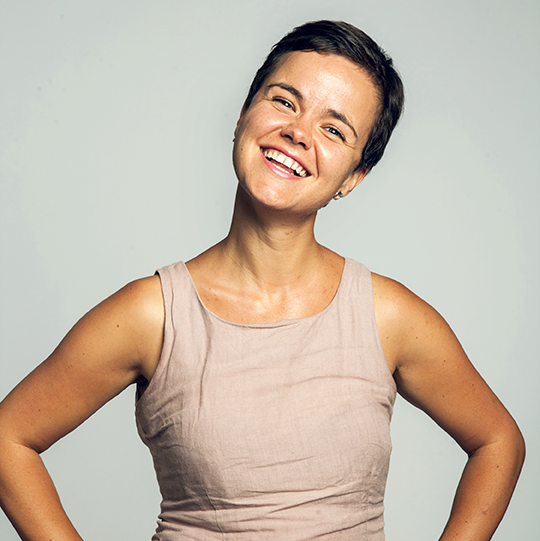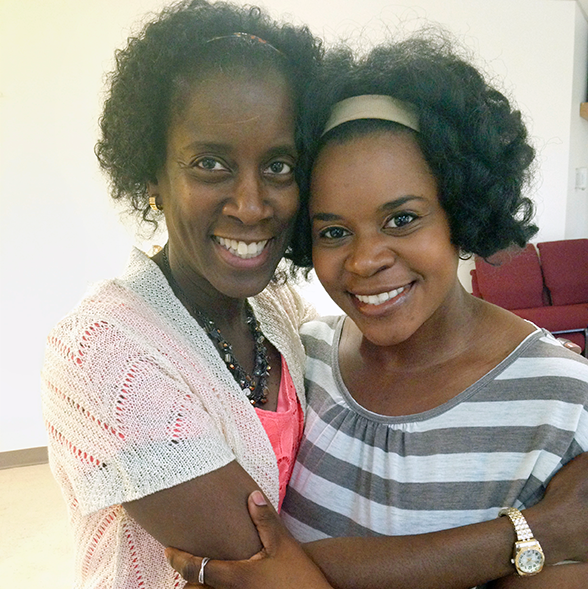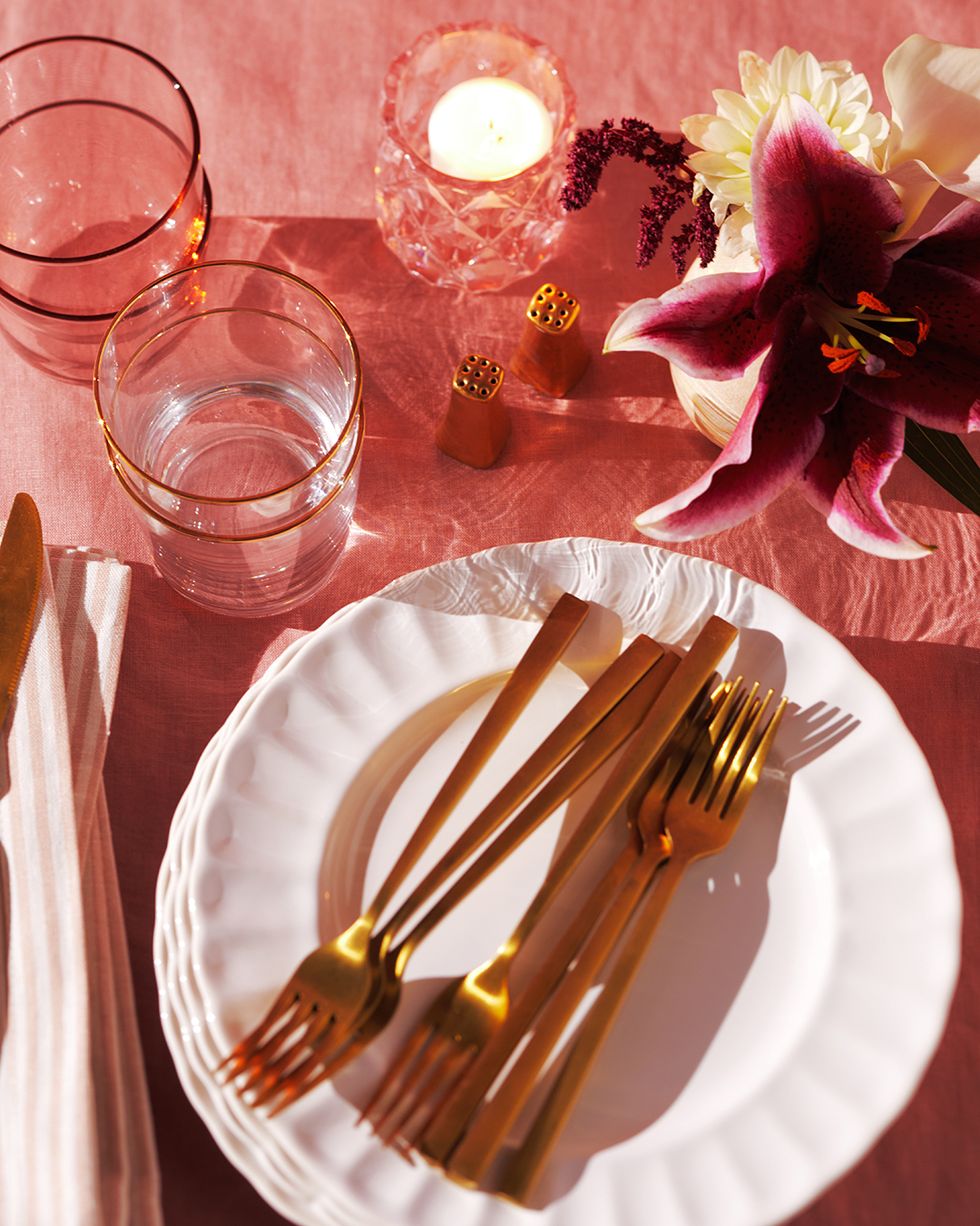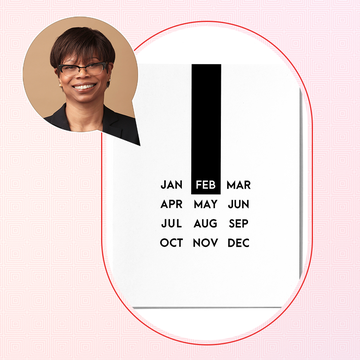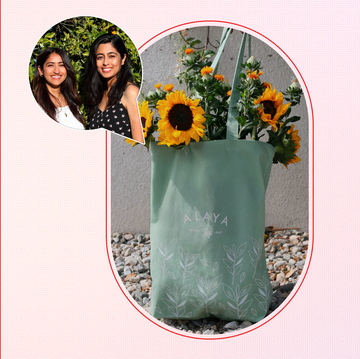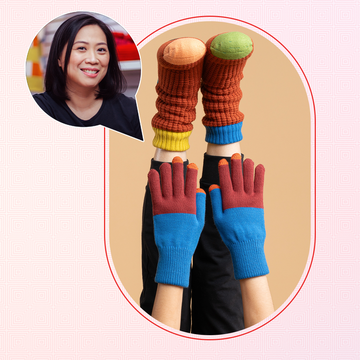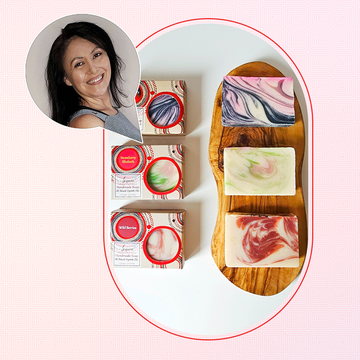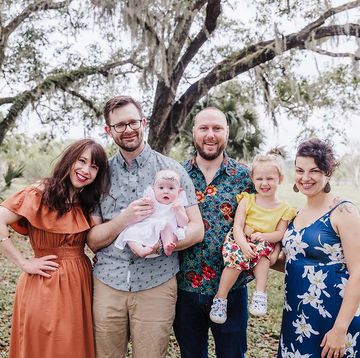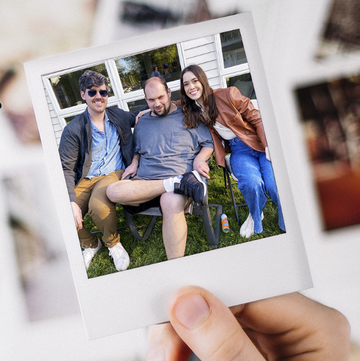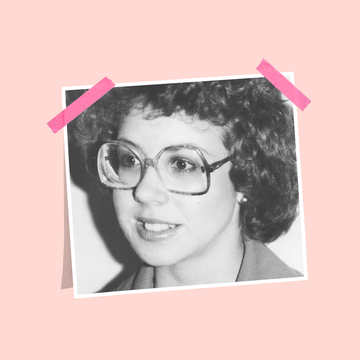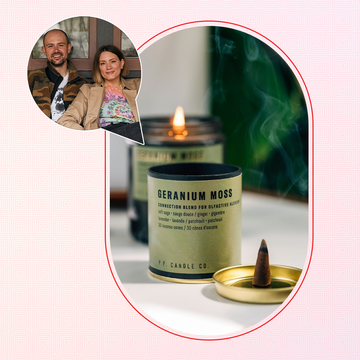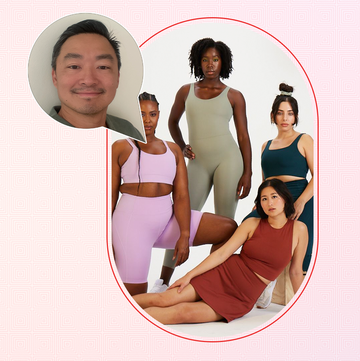On a Monday night in September, when the air was still thick with summer, I joined eight other women over Zoom to talk about an unfortunate fact we had in common: We were orphans, having lost both our parents.
My mother’s death in July 2019 had been expected; she had Alzheimer’s disease and a host of other ongoing maladies. My dad’s death was different. He fell and broke his hip just as the pandemic was starting to grip New York City, where he lived. He contracted COVID-19 at the rehabilitation center where he was convalescing and died 12 days after his accident.
The last time these women had met, before I sat in, they’d brought photos — of parents on their wedding day, a father grilling on his barbecue, a mother and daughter embracing. This time, the conversation centered on the meaning of our parents’ absence, what life was like without them and the experience of watching extended family members’ grief slowly, painfully fade while ours remained constant. We were here, speaking about our sadness in ways we rarely had the opportunity to do otherwise, thanks to a nonprofit organization called The Dinner Party.
The group was founded in 2014 by Lennon Flowers and Carla Fernandez, then both in their 20s and struggling with the pain of losing a parent. Lennon had dreams of being in the theater when, just as she was entering college, her mother was diagnosed with cancer. Rather than move to a bigger city to further her career, Lennon stayed put in North Carolina to help care for her mother. Three years after her mother’s death in 2010, she relocated to Los Angeles and connected with Carla, whose father had died.
Over time, the two friends met other 20- and 30-somethings who had lost loved ones at a young age, and one night they gathered for dinner to share their stories. “We were all the first in our communities to experience loss,” says Lennon. “The connection was powerful.” The group grew and multiplied, spawning specialized groups for people who had lost friends, siblings or partners or had suffered loss through suicide. Recently, in partnership with Sheryl Sandberg’s OptionB.Org, The Dinner Party expanded its reach to even more ages and loss types.
According to the U.S. Census, about 10% of adults under 40 have lost both parents. While people in the Millennial and early Generation Z age groups The Dinner Party primarily serves are independent or on their way to being so, they don’t have many outlets for their grief. “You have summer camps for grieving kids, and bereavement groups,” says Lennon, now 35. “But more likely than not, someone our age would be the youngest in the group.” And grief can knock them sideways at unexpected times in ways their peers can’t always understand. Like the first time no one picks them up at the airport after a long journey, or when a childhood pet dies. The Dinner Party gives the bereaved time and space to talk specifically about their grief to others who can relate. “The magic of these dinners is, if I start crying, I don’t get those pity eyes,” says Kristina Hayes, 35, a TV producer in Atlanta whose mother died in 2016 and who is part of two tables for people of color. “People say, ‘I get it.’”
Since 2014, The Dinner Party has hosted 10,000 participants, and there are now 4,000 regular “partiers” in more than 100 cities and in countries as widespread as Israel and Australia. For in-person dinner parties, everyone pitches in, from bringing a side dish to pouring the wine. “Dinner tables are familiar to everybody,” Lennon says.“When you don’t know what to say, you pick up a glass or a fork.”
Mandy Owen, 38, lost her stepfather to cancer when she was in high school. A few years later, her mother died by suicide. Mandy was so wary of the stigma surrounding suicide that she never talked publicly about it. Then she went to a Dinner Party for a work project — her company was in collaboration with the organization. “For 11 years, I’d been telling people my mom had passed away,” says Mandy, who now works for The Dinner Party. “But here I was in front of this group of strangers, and for the first time, I didn’t feel shame in sharing the fact that my mother had killed herself. I felt vulnerable and very scared. But at the same time, I felt safe.”
When the pandemic hit in March 2020 and it became clear that in-person dinner parties were no longer an option, the organization shifted to video calls. Lennon was skeptical of the possibility that people could have authentic conversations in a virtual space and doubted that the warmth of sitting among others and “breaking bread” could be replicated on screen.
She never expected the number of groups to grow, and yet The Dinner Party added many new groups, including ones for people who have lost loved ones to homicide or addiction. One reason for the explosion of participation is that geography was no longer an issue, with guests from coast to coast able to join the same call. Another reason is need. “Something about being trapped at home accentuates grief,” says Lennon. The Dinner Party, even without an in-person meal, offers unique support.
“We’re a group that’s inclined to show up no matter what,” says Jennifer Azlant, 37, of Venice, CA. Just as families found a way to connect during the pandemic, so did people who had lost family members. For Kristina, the online tables have been even more fulfilling than in-person ones. She loved meeting in real life, but sometimes dinners didn’t happen regularly. Now virtual tables are offered as often as once a week. “It’s like hanging out with people you’ve never met who feel like friends,” she says.
At the orphans’ group I joined in September, Jennifer, who lost her father to lung cancer during her 20s and her mother because of mental health complications two years ago, shared how different her notions of home and family felt from those of her peers. When she survived another trauma in her family, it forced her to seek new levels of independence, resilience and support. Without parents, grandparents, cousins, aunts or uncles, she explains, she has developed close bonds with her Dinner Party family. “I know everyone will eventually face loss,” she says. “But I got started early.”
When another member of the group, Kate Daniels, a 31-year-old interior designer, lost her mother in 2019, she moved from Northern Virginia to San Diego. Now she’s moving back, hoping that being close to her brothers will “make me feel less alone in the world.” Being in San Diego “just doesn’t feel right,” she says. “But I’m also worried that nowhere will feel right.”
As a middle-aged mother of a tween, my grief experience differs in some ways from those of the other members of the orphans’ Dinner Party. For one thing, I’m a bit older — but I’m reeling from the loss of both my parents just the same. I wasn’t allowed to be with my father before he died. He was alone, and the last mental image I have of him is his crying face on the screen of my phone an hour before his heart stopped.
Also, the women in the group sometimes worry about how to tell people whom they are just starting to date that both their parents are dead, because they don’t want to sound needy or damaged. (One woman on my video chat, Hayley Rein, 23, told the group, “I sometimes just say my parents are on Long Island,” referring to where her parents were buried.) But what we all have in common is often feeling forgotten by friends and family who have not dealt with such grief.
Some people who were very present for Kate Daniels’ mom when she was sick and dying now rarely call Kate or her brothers to check in. For Lise Smith (her name has been changed for privacy), a lawyer from Toronto whose parents had both died by the time she was 27, grief creeps in at unexpected times. “One of my friends is super serious about wearing a mask, which I am too,” she says. “But for her it’s because she’s worried about her parents, and every time she brings it up, I feel a little bit sad. I wish I could be worried about mine.”
As for me, I love when my friends tell me how great my parents were — at 95, my dad was still practicing medicine and going to every new play in town, and he had a girlfriend nearly 25 years his junior. But then my friends change the subject. They’ve had enough before I’ve had a chance to say anything about how I feel.
Because my losses are fairly new, I still haven’t processed their full impact. But when Hayley, who lost both her mother and her father by the time she was 19, mentioned on Zoom that she didn’t have parents to consult about where to attend law school, I realized that I, too, was having trouble making some life decisions. Even as a wife and mother, I still thought of my parents’ opinions as the last word on any big life choice — I hadn’t always consulted them, but having them there had made a difference. Now I felt paralyzed, something I hadn’t fully understood until this discussion.
As devastating as these conversations might sound to someone who hasn’t experienced loss, isn’t (yet) affected by it or is unready to deal with it fully, they are a salve for the people participating in them. “So many people credit me for being strong,” says Jennifer Azlant. “But no one chooses this kind of survival.”
Last fall, Jennifer reached out to Dinner Party cofounder Carla Fernandez to confirm that she was qualified to attend a gathering. “I had survived so many complicated layers of loss and ticked off so many boxes on the intake form, I wasn’t sure where I would fit in,” she says. Instead of asking for help, she offered to help others by sharing the knowledge from the therapeutic work and individual research she had done. But Carla wasn’t having it. Says Jennifer, “I asked how I could contribute, and she just said to me, ‘Let us hold you
for a minute.’”
The Dinner Party has been holding her ever since.
This story originally appeared in the November 2020 issue of Good Housekeeping. Subscribe to Good Housekeeping.
